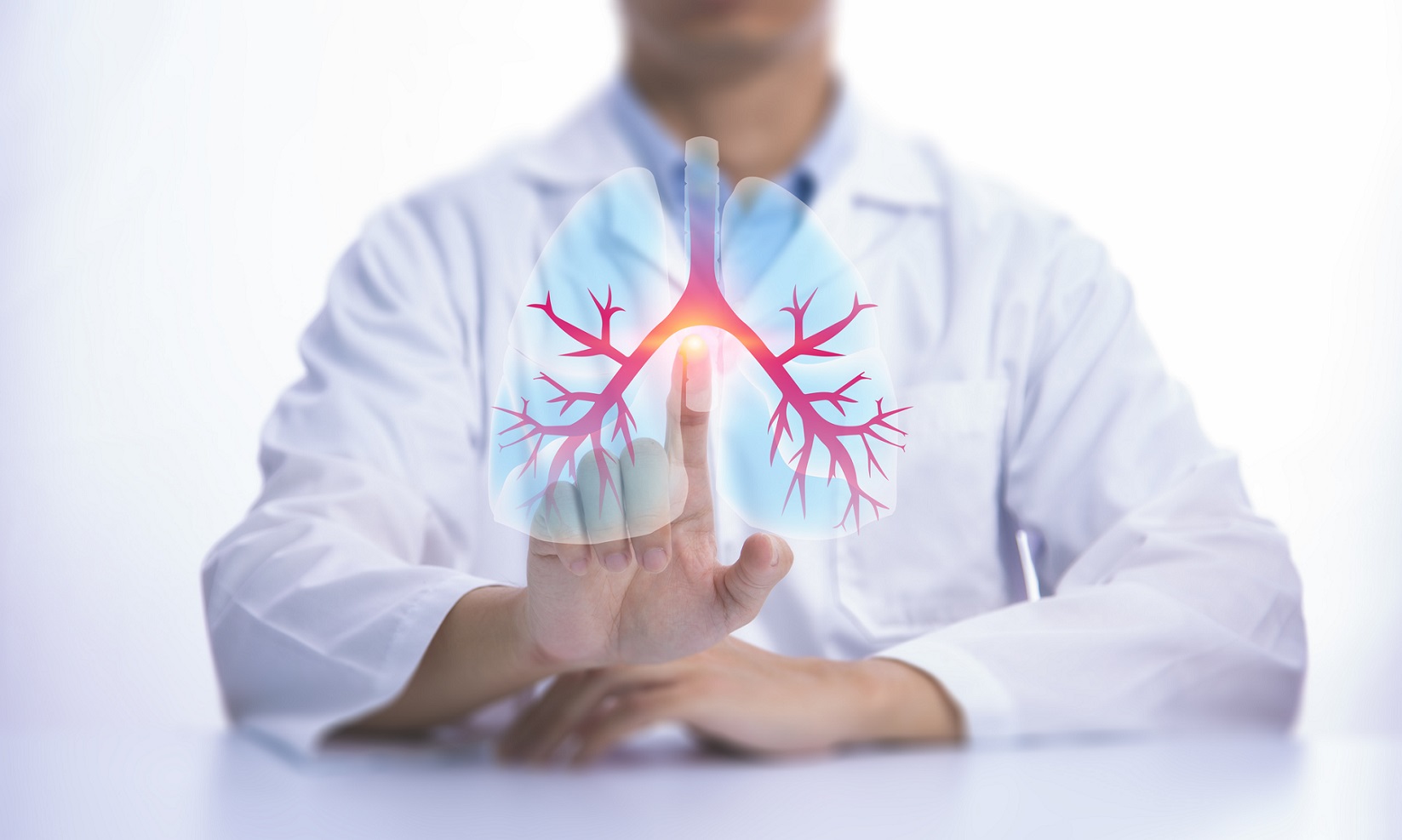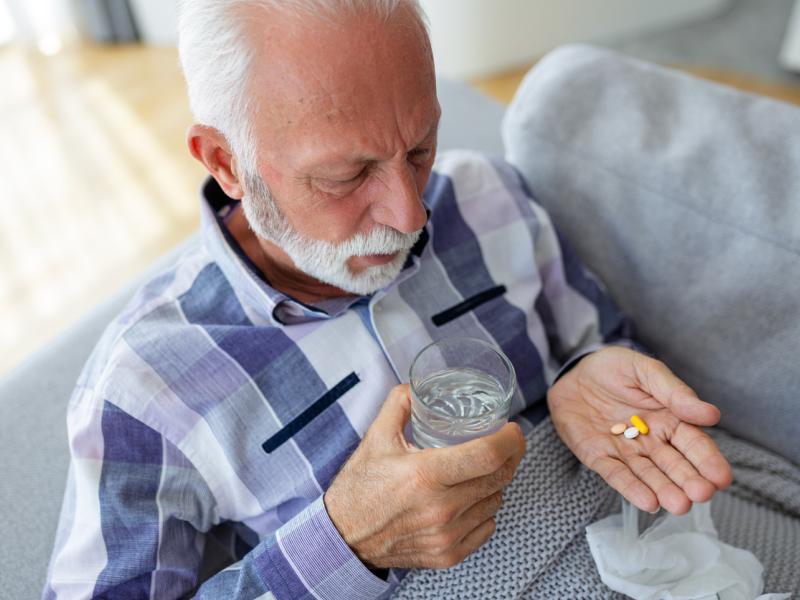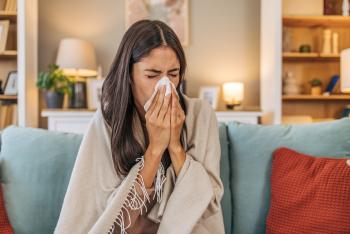Walking pneumonia is a mild but disruptive form of pneumonia with symptoms like a lingering cough...
Read More
Pneumonia is a lung infection that can affect anyone at any age. Rest assured, Inspira can help you navigate this diagnosis and explore your treatment options.
Pneumonia is a lung infection characterized by inflammation in the lungs' alveoli or air sacs, often caused by bacteria, viruses or fungi. When these pathogens invade the lungs, your immune response leads to the accumulation of fluid and pus in the alveoli, making it difficult to breathe. Pneumonia can range from mild to severe and can affect people of all ages. It can be dangerous for infants, young children, older adults, and individuals with weakened immune systems.
Pneumonia often announces its presence through a range of symptoms that may vary from person to person. Symptoms may include:
Diagnosing pneumonia involves a medical history assessment, physical examination and diagnostic tests. Your doctor will ask about your symptoms, recent illnesses and possible exposure to infectious agents. Next, your doctor will listen to your lungs for abnormal sounds, check your breathing rate and assess your overall condition. They may recommend a chest X-ray to identify areas of inflammation, a blood test to check for signs of infection or a sputum culture to help guide antibiotic treatment if bacterial pneumonia is suspected. In some cases, your doctor may recommend a CT scan of the chest or a bronchoscopy.


Antibiotics are commonly prescribed for bacterial pneumonia. They target the specific bacteria causing the infection. In cases of viral pneumonia, antiviral drugs may combat the virus directly, helping reduce the severity and duration of symptoms.

Rest, hydration and over-the-counter medications, as recommended by your doctor, can help alleviate symptoms like fever and cough and promote a speedier recovery.
We take a comprehensive approach to pneumonia care by integrating social workers and our experienced pharmacy team to ensure personalized, effective treatment. Our dedicated team helps you navigate medications and supports you through every step of recovery—from hospitalization to rehabilitation.
Our holistic care extends beyond medical treatment to follow-up support. Inspira GO! offers free non-emergent transportation for patients with access barriers, ensuring you attend follow-up appointments and emphasize rehabilitation, promoting long-term respiratory health. We strive to enhance your quality of life with compassionate, comprehensive care.
While the common cold, flu and pneumonia can share some symptoms like cough, fever and fatigue, pneumonia typically presents with more severe symptoms and complications like difficulty breathing, chest pain and a high fever. If you experience persistent symptoms or have concerns about your respiratory health, talk to your doctor for an accurate diagnosis and appropriate treatment.
Pneumonia can be contagious, especially when caused by infectious agents like bacteria or viruses. Respiratory droplets containing bacteria or virus can spread from person to person through coughing, sneezing or close contact. Not all types of pneumonia are contagious, and the risk of transmission may vary depending on the specific cause of the infection. Taking precautions like covering your mouth when coughing or sneezing and practicing good hand hygiene can help reduce the spread of pneumonia.
Not always, but there are ways to help reduce your risk of developing the infection. These include practicing good hand hygiene, getting vaccinated against common pathogens that cause pneumonia, such as the flu and pneumococcus, avoiding smoking and exposure to secondhand smoke and maintaining your overall health through regular exercise and a balanced diet.
The recovery time from pneumonia can vary depending on factors like the severity of the infection, your overall health and treatment effectiveness. Most people start feeling better within a few days to a week after starting antibiotics or antiviral medications. However, it may take several weeks for symptoms like cough and fatigue to resolve, and some may experience lingering complications that require additional medical attention. Follow your doctor’s recommendations and attend follow-up appointments for monitoring and support throughout recovery.

Walking pneumonia is a mild but disruptive form of pneumonia with symptoms like a lingering cough...
Read More
Long COVID refers to a range of persistent symptoms that can linger for weeks, months or years after...
Read More
Hurkle-durkle refers to the cozy, mindful act of unwinding before bed, focusing on relaxation and...
Read More
The material set forth in this site in no way seeks to diagnose or treat illness or to serve as a substitute for professional medical care. Please speak with your health care provider if you have a health concern or if you are considering adopting any exercise program or dietary guidelines. For permission to reprint any portion of this website or to be removed from a notification list, please contact us at (856) 537-6772